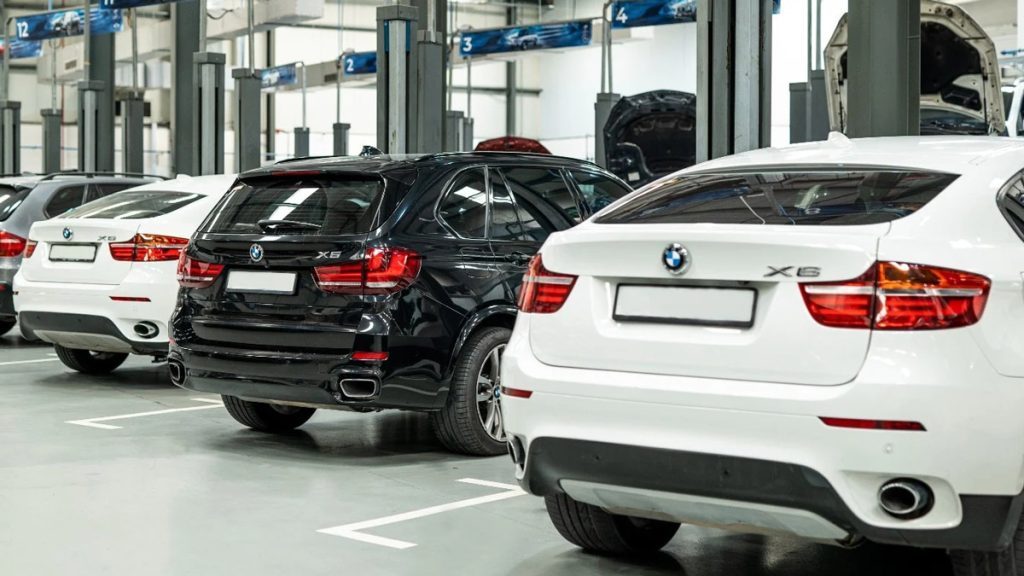News
Why European and import vehicles are harder to repair in U.S. shops and how to turn the challenge into profit
Walk into any independent repair shop in the U.S. today and you’ll likely hear the same story: “We can handle Fords, Chevys, and Toyotas all day long. But when a Mercedes or BMW rolls in, it’s a different game.”
European car repair and import vehicles are becoming increasingly common on American roads, with at least 13% of vehicles on U.S. roads being European imports (VIO – Q3 2021, Experian). For many auto repair shop owners, they represent frustration, wasted hours, and even lost business.
So why are imported vehicles harder to repair? And how can your shop turn them into a revenue opportunity instead of turning them away?
1. Limited Access to Technical Data and OEM Repair Information
For American-made vehicles, OE data and standardized labor times are easy to access. For many European brands, this isn’t the case. Automotive repair data is often fragmented, not localized for U.S. standards, and rarely aligned with insurance requirements. This forces shops to juggle multiple tools or make their best guess—a risky move with high-end vehicles.
“We had to use three different sources just to confirm one repair procedure on a VW Passat,” explains Mike, owner of a shop in Ohio. “That’s not efficient, and it eats into our margins.”
2. Advanced Electronics and Complex Vehicle Architecture
European imports are packed with sophisticated electronics, multiplex wiring, and proprietary modules. Without clear wiring diagrams or component descriptions, even experienced technicians can struggle. For mid-level techs, the barrier is even higher, leading to delays, comebacks, or escalations to a master tech.
3. Parts and Training Are Scarce
Parts pipelines for European imports are thinner in the U.S., and local training opportunities are limited. Many repair shops either refuse jobs outright or pay thousands for brand-specific training to handle only a few vehicles each year.
4. Diesel Repair Is a Different World
Diesel passenger cars are common in Europe but remain niche in the U.S. Many technicians lack experience with AdBlue, particulate filters, or SCR systems. That lack of familiarity often leads to hesitation when a diesel Audi or BMW arrives.
5. Business Impact: Lost Jobs and Lower Profitability
Every refused job is more than lost revenue—it’s a lost customer relationship. Turning away the owner of a Mercedes today could mean losing future maintenance work, even on their domestic vehicles. Most shop owners know this, but without the right repair data tools, the risk often feels too high.

Turn the Challenge Into Opportunity: How to Profit From Import and Diesel Repairs
Instead of avoiding imports, more auto repair shops are finding ways to take them on profitably. The key? Investing in a comprehensive repair data system that includes European models, diesel systems, and localized technical information.
Here’s what that means for your bottom line:
- Accept high-margin jobs that competitors turn away. A single Mercedes A-service can bring $600–$900 in revenue.
- Build trust with premium vehicle owners, who often have multiple cars and become loyal, repeat customers.
- Train your team faster with clear, standardized repair procedures—no more guesswork or wasted hours.
- Reduce comebacks and liability by following OE-accurate, insurance-aligned repair data.
Take Action: Stop Turning Away Profit
Your shop doesn’t need to specialize in European brands to service them profitably. You just need the right data, the right confidence, and the right tools. Infopro Digital’s repair data solutions give you access to comprehensive technical information for European imports and diesel vehicles—localized for U.S. shops, aligned with insurance standards, and designed to help you work faster and smarter
Ready to turn import vehicle repair into a profit center?
Contact us today to see how our solutions can help your auto repair shop take on more jobs, increase revenue, and build lasting customer relationships.